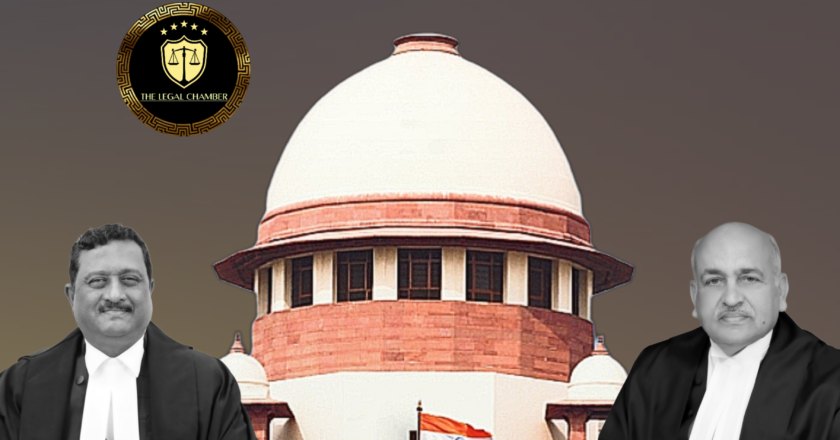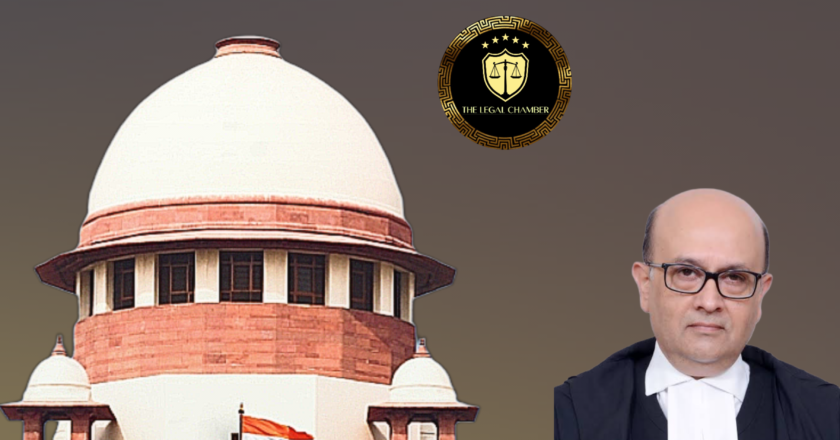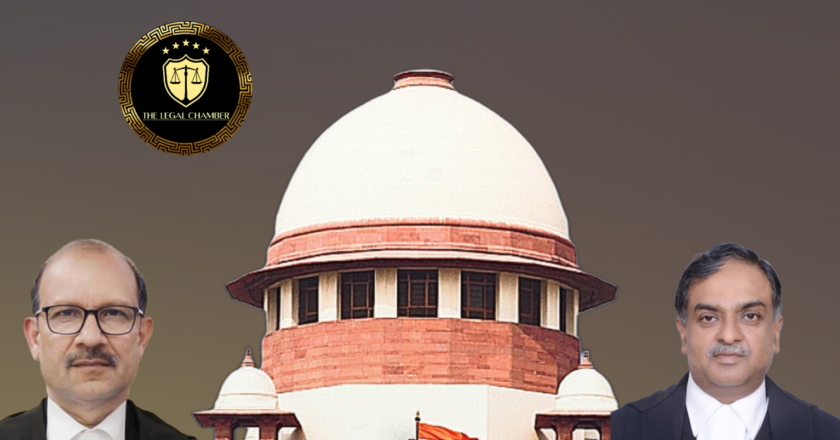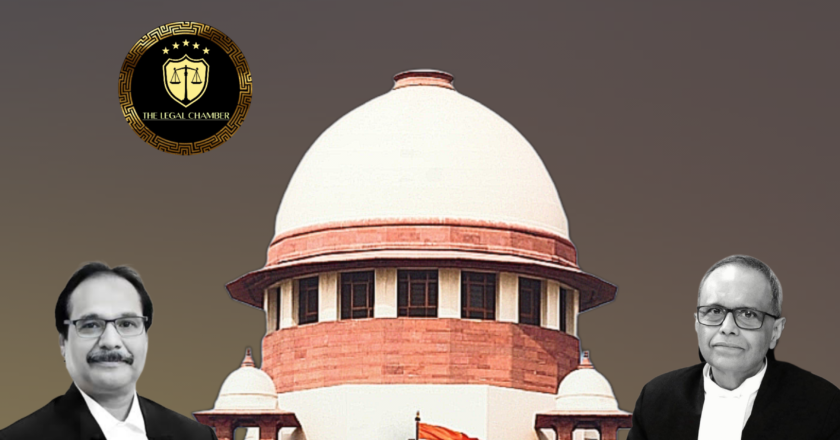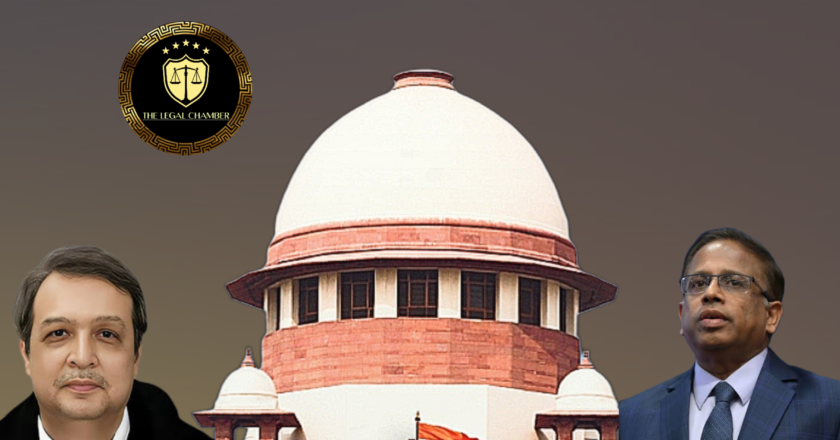Supreme Court Rules No Compassionate Job if Retiral Benefits Accepted
The Supreme Court ruled that for a missing person, the date of civil death is legally presumed to be after seven years from disappearance, not the date they went missing, as per Section 108 of the Indian Evidence Act, 1872. A court decree declaring death merely recognizes this presumption without fixing an earlier date. This legal presumption is central to claims dependent on establishing the date of death.
Facts Of The Case:
The case involved a claim for compassionate appointment by Shubham, the son of Gulab Mahagu Bawankule, an employee of the Nagpur Municipal Corporation. Gulab went missing on September 1, 2012. During the period of his disappearance, he was treated as being in continuous service and was duly retired on January 31, 2015. His family received all retiral ben...
